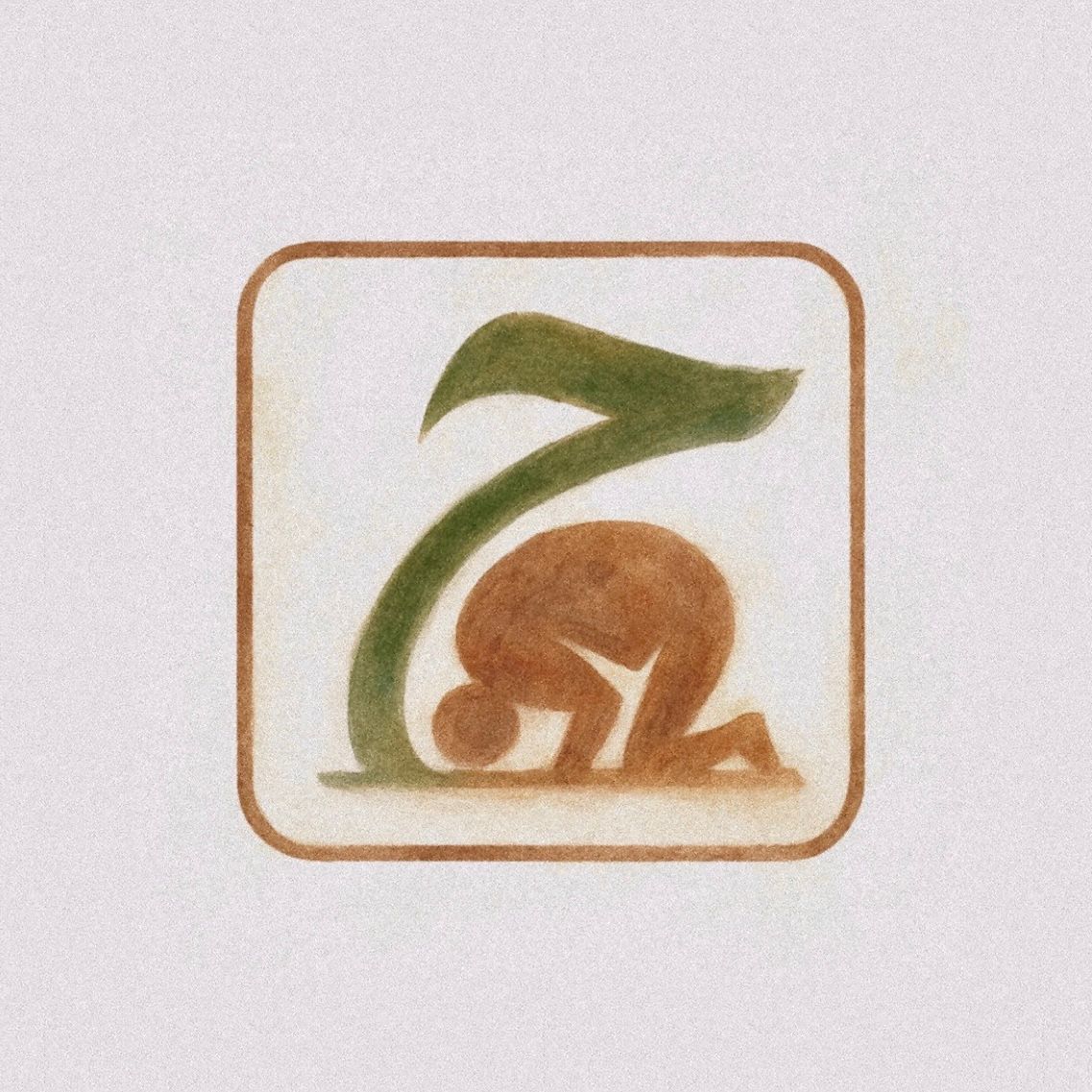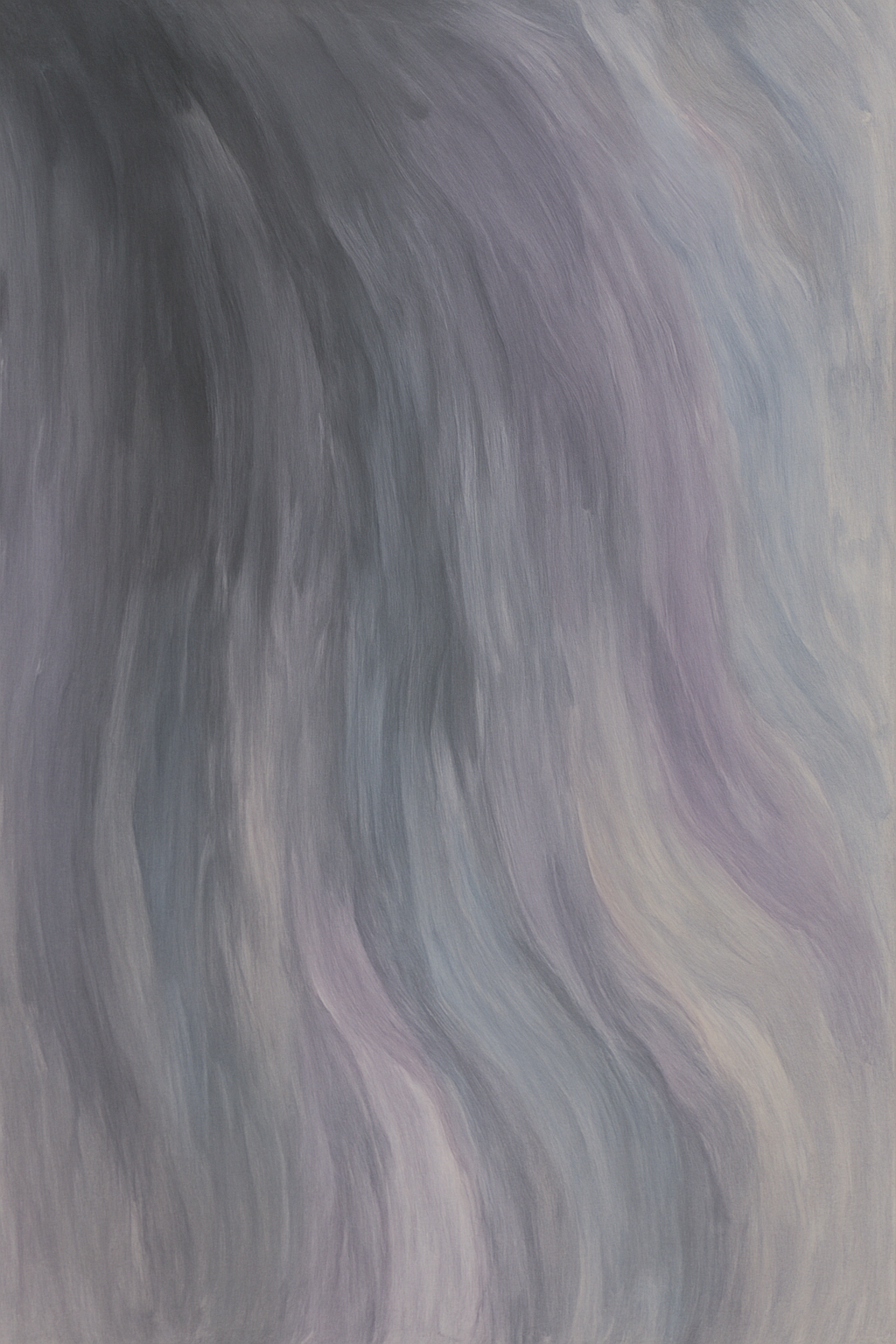grief is not a weakness.
it is not the enemy of īmān, nor a stain on sabr.
it is simply what happens when love is interrupted by death – and the heart refuses to pretend it didn’t matter.
even the best of creation ﷺ stood at graves and wept.
he kissed his dead child.
he buried friends.
he raised his hands for people who would never return.
the nature of grief in islām
to feel pain at loss is to be human. to worship through it is to be muslim.
in islām, grief is neither to be suppressed nor indulged – it is to be guided, carried with dignity, and tethered to Allāh.
we are taught not to wail, not to curse qadr, not to collapse into despair – but we are not taught to be made of stone.
the prophet ﷺ said,
“the eye weeps, the heart grieves, but we say only what pleases our Lord.”
(muttafaq ʿalayh)
this balance ~ between breaking and bearing is what defines a believer.
we grieve with reverence. it is submission even in sorrow.
it is a grief that bows.
barzakh: the unseen life
in islām, death is not the end.
it is the transfer of the soul from one realm to another: from dunyā to barzakh – the unseen waiting place between this life and the next.
the righteous are received by angels.
their soul is carried gently toward the heavens.
the fragrance of paradise surrounds them.
and then they are returned to the body ~ gently ~ for questioning in the grave.
if they lived with lā ilāha illa allāh as truth, the grave becomes expansive.
the angels say, “sleep like the sleep of a bride.”
there is comfort. there is ease.
there is light in the soil.
“so Allāh will keep firm those who believe, with the firm word, in worldly life and in the hereafter…”
(qur'ān 14:27)
grief feels final. but islām teaches us: the connection is not severed.
the one you’ve lost has simply moved into a room you cannot yet enter.
they are not gone – only ahead.
sujūd: where grief belongs
sujūd is where grief is safest.
there are no audiences. no explanations. no expectations to “move on.”
just the ground. just the tears. just Allāh.
the believer takes what breaks them –
and places it face-down before the One who mends.
sujūd is not a moment of escape.
it is an act of returning.
returning what was taken. returning what was loved. returning the self to its Maker.
it is where all the “why” and “what now” and “how do i live without them” is met with silence – and still, somehow, peace.
“and seek help through patience and prayer. and indeed, it is difficult — except for the humbly submissive.”
(qur'ān 2:45)
when words fail, fall into sujūd.
let your silence speak. let your sobs praise. let your forehead remember what your heart has forgotten:
that even this – even this – can be ibādah.
how to mourn as a muslim
mourning, in islām, is active.
you don’t just feel. you do.
~ make duʿā for the one who died – constantly, specifically, lovingly.
~ give ṣadaqah in their name. a meal. a book. a water well. anything lasting.
~ say innā lillāhi wa innā ilayhi rājiʿūn – and mean it.
~ renew your tawbah. if you want to meet them in jannah, live like you belong there.
~ pray for their grave to be expanded, their good deeds multiplied, and their sins erased.
~ forgive them. honour them. don’t obsess over regrets. let your worship speak louder than your guilt.
“indeed, the patient will be given their reward without account.”
(qur'ān 39:10)
a shared prayer
o Allāh
have mercy on the souls we grieve
light their graves. comfort their barzakh
forgive their shortcomings and multiply their good
make their questioning easy, and their journey smooth
write them among the people of jannah – and write us among those who will meet them again, beneath Your Throne, forever.
āmeen.
may this post be a means of forgiveness, elevation, and reward for janisar hussayn – whose absence was the reason life in sujūd began.
may every reader who prays, mourns, or returns through this post carry reward to his barzakh.

